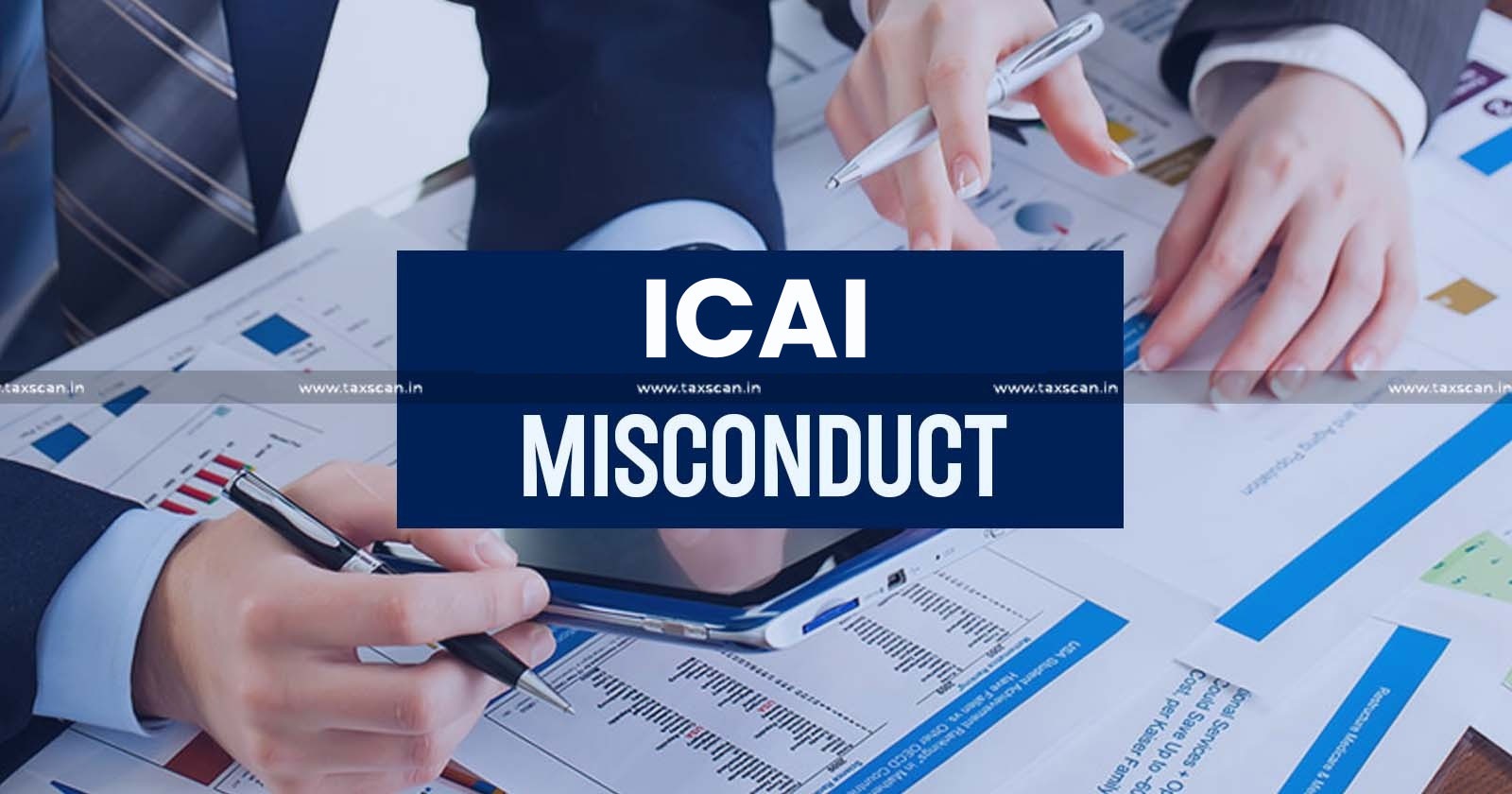1. When this appeal is called on for hearing, our attention is drawn that this is an appeal against an order of remand. Therefore, under Chapter II, rule 1 of the Appellate Side Rules of the High Court at Calcutta, this appeal is to be considered by a Single Judge.
2. Mrs. Anjili Nag, learned advocate appearing for the appellant Gopala Binnu Kumar, learned advocate appearing for the respondent Nos. 3, 4, 5, 6 and 7 jointly submit that, at the time of hearing of this appeal under rule 11 of Order 41 of the Code of Civil Procedure, no substantial question of law was formulated.
3. In
4. The same view was reiterated by the Supreme Court of India in
5. We are, thus, invited to formulate a substantial question of law for consideration in this appeal.
6. This appeal would be heard on the following substantial question of law:
Whether the learned judge in the lower appellate court substantially erred in law in remanding the suit without deciding as to the competence of a civil court to entertain a suit challenging an order of termination of an employee of the co-operative union?
7. Mr. Gopala Binnu Kumar, learned advocate appears and accepts notice on behalf of the respondent Nos. 3, 4, 5, 6 and 7. Therefore, formal notice of appeal on those respondents is dispensed with.
8. The appellant is directed to put in requisite for effecting service of notice of appeal, that is, postal costs, correct postal addresses and written up notice forms, on the respondent Nos. 1 and 2, by fortnight.
9. In default, put up for final orders. List this matter for hearing'' before the appropriate Single Judge as and when the appeal is ready for hearing.

